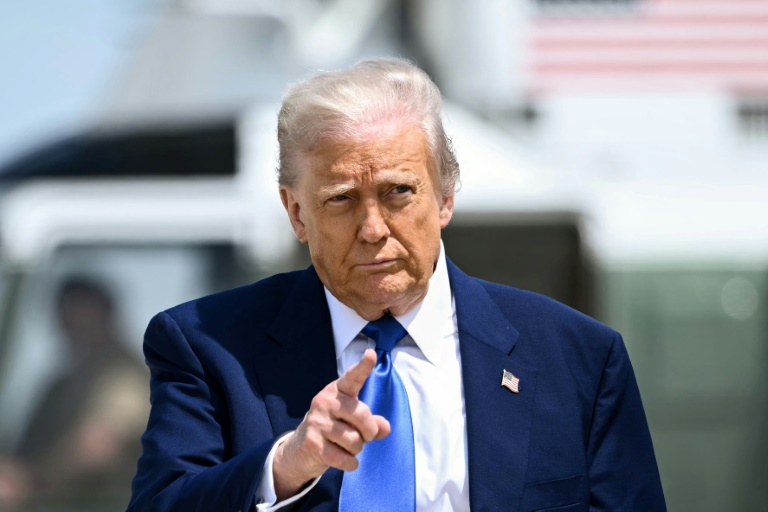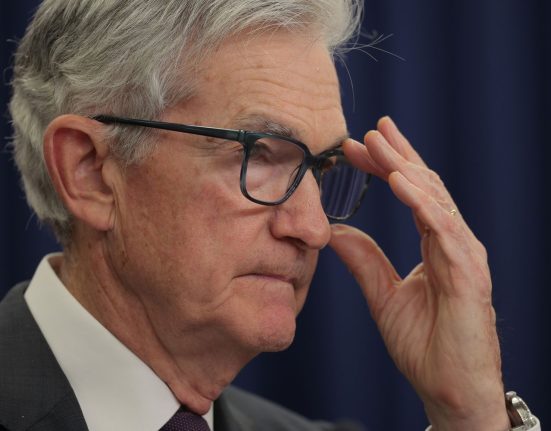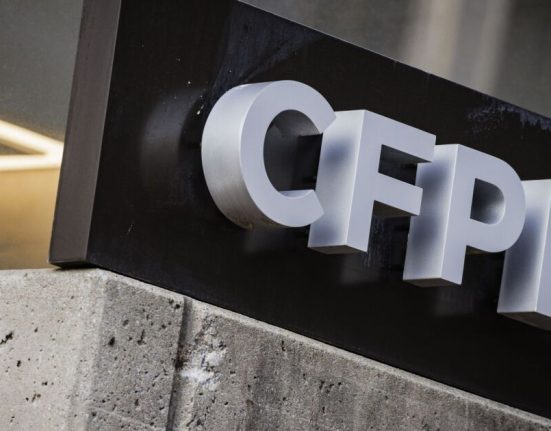Former US President Donald Trump is doubling down on his alliance with the cryptocurrency world, hosting two exclusive fundraising dinners at his golf club in Sterling, Virginia. The first, held on 5 May, welcomed wealthy donors from the crypto and AI industries—each paying a staggering £1.2 million per seat. The second, scheduled for 22 May, takes things even further, offering a private audience with Trump to the top backers of his own memecoin, $TRUMP.
The dinners are part of an ongoing fundraising drive for his super PAC, MAGA Inc. But with crypto money flowing in and access to the former president being offered based on digital coin rankings, critics are asking: is this innovative fundraising—or influence for sale?
Crypto Meets Campaigning
Trump’s embrace of cryptocurrency isn’t just symbolic—it’s financial. In January, he launched the $TRUMP coin, touting it as his “official meme token.” The coin skyrocketed in value within hours, with supporters rushing to buy in. By April, he had linked it directly to political access: the top 220 coin holders would be invited to a special dinner; the top 25 would enjoy a VIP reception and private White House tour.
Supporters see it as a smart way to modernise campaigning—bringing blockchain and political fundraising into the same space. But the overlap between Trump’s business, personal branding, and presidential aspirations has left many uncomfortable. With most of the $TRUMP coin reportedly controlled by entities linked to the Trump Organisation, the lines between campaign and commerce appear blurrier than ever.
Power, Access—and a Coin?
For critics, the biggest concern isn’t just the money—it’s who’s holding the coin. Reports suggest a number of top $TRUMP investors are based overseas, raising fears about foreign influence being exchanged for access to a potential future president. And while the dinners may look like glitzy fundraisers on the surface, they also raise deeper questions about transparency and ethics.
“It’s like a ‘golden ticket’—only it’s not chocolate, it’s crypto,” said one Democratic strategist. “You’re not donating to a cause; you’re buying your way into the room.”
The Guardian reports that ethics experts are calling for oversight, especially as the president’s personal involvement in the token continues to grow. Some have even suggested the dinners border on a “pay-to-play” model—something Trump allies have previously accused others of.
Congress Pushes Back
In response, Democratic lawmakers have introduced the MEME Act (Modern Emoluments and Malfeasance Enforcement), a proposed bill aimed at banning elected officials from launching personal cryptocurrencies or tying campaign access to digital tokens. It’s a bold move in an area where the law has yet to catch up with technology.
The bill has support, but faces a tough road. Cryptocurrency remains divisive in Washington—praised by some as an engine of innovation, and distrusted by others as a vehicle for fraud, speculation, or worse.
Meanwhile, Senator Richard Blumenthal has called for an ethics inquiry into the dinners and the coin’s ownership structure, citing concerns about backdoor fundraising and foreign ties.
What Comes Next?
As the 22 May dinner approaches, all eyes are on who shows up—and what that means for the future of political fundraising. If Trump’s strategy proves successful, it could open the door for other political figures to experiment with digital assets as a campaign tool.
But it also raises a bigger question: when money, access, and blockchain meet, who’s really in charge? The crypto crowd may be cheering now, but others worry this blend of influence, digital currency, and personal politics is setting a risky precedent.
What’s clear is that Trump isn’t stepping back—he’s rewriting the playbook. And whether you see it as savvy or cynical, the fusion of crypto and campaigning is already reshaping the American political landscape.







